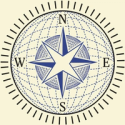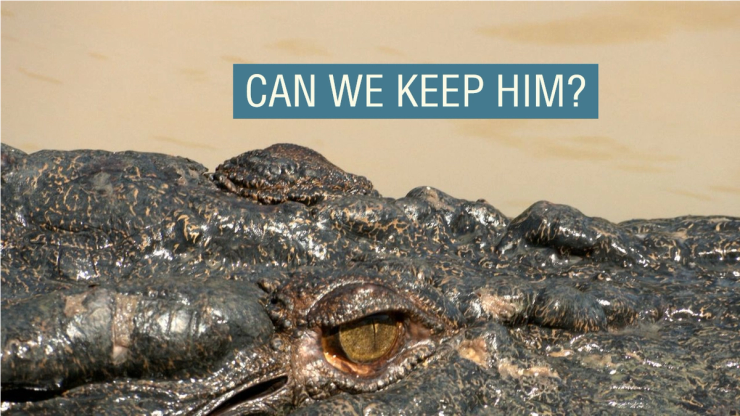The News
Welcome to the Global Hot List, our subjective, dynamic ranking of the races and political developments you should be paying attention to right now, compiled by world elections expert Brad Glasser.
In today’s edition: France’s government is at a standstill, Georgia slides toward totalitarian rule, and Australia has the most Australian regional election possible.
The List
1. France – Macron scramble
French President Macron has rejected any possibility of a left-wing government, prolonging France’s political chaos. The left-wing New Popular Front’s candidate for prime minister Lucie Castets, was unacceptable for Macron, who will prefer instead to seek allies from the middle range of the political spectrum in forging a new government. Macron “urged” parties of the left’s alliance outside of the anti-establishment LFI party to join his negotiations, although so far the New Popular Front has remained firm in its pledge to work together.
2. USA – It’s on
Now that both party conventions are over, the campaign for US president has officially begun, with all attention now turning to the September 10 debate. Though Harris will receive a convention bump, polling could be fluid, especially dependent on how the debate unfolds and the impact of intensified attacks – amplified by spending – as the campaign kicks into gear. Harris appears to have the edge at the moment, an extremely unexpected turnaround for a vice president who was deeply unpopular before assuming the mantle of nominee.
3. Thailand – Carrying on
Thailand’s new prime minister Paetongtarn Shinawatra is continuing her Pheu Thai party’s alliance with the military, as progressive insurgents remain boxed out. The daughter of billionaire Thaksin Shinawatra, a towering and contentious personality within Thai politics, Paetongtarn is carrying on a highly unpopular deal with the party’s defense establishment that “allowed her father’s return from exile.” The People’s Party, formerly the Move Forward Party after courts targeted the movement for dissolution, surged ahead in polling after the agreement, setting up a dynamic in which progressives will be aiming for a majority on their own in the next election.
4. Georgia – Totalitarian law
Georgia’s prime minister pledged to outlaw the country’s political opposition, threatening to institute a “North Korea” style government. Pro-Western protests have unfolded in Georgia throughout the year, pushing back on a law against foreign-funded media that opponents slammed as influenced by Russia. Now, Prime Minister Irakli Kobakhidze wants to outlaw any pro-West political party represented in parliament, an outrageous stance that would shift the country towards “the end of Georgia’s democracy,” according to one researcher.
5. Japan – Political maverick
Taro Kono, Japan’s Digital Minister and a moderate “political maverick,” is once again seeking the leadership of Japan’s LDP. One of the figures within the LDP most popular with the public, Taro Kono has developed a profile over the years for taking progressive stances on certain social issues like LGBT rights and immigration. Moreover, Kono is known for “showmanship” on social media, where his slice-of-life posts have often gone viral.
6. Chile – Fight for Santiago
Three years after the Communist Party’s Iraci Hassler won the mayoralty of Santiago, the left is now on defense to defend her tenure. The race in Santiago will be considered a marquee event in this year’s municipal and regional elections. Hassler, who has said she’s a fan of politicians like Alexandria Ocasio-Cortez, faces a challenge from right-wing candidate Mario Desbordes, Chile’s former Minister of Defense.
7. Tunisia – Three challengers
Tunisia’s president is campaigning for re-election within the dictatorship he created, “facing only three challengers.” The lack of competitors is by design, as President Kais Saied’s government has instituted a crackdown on opposition that has seen potential candidates imprisoned or banned. Saied appears to still be making moves with the campaign in mind, however; a cabinet reshuffle replaced 19 ministers, including those in charge of defense and foreign affairs.
8. Somalia – Dual national
A Somali-US dual national is running for president of his home of Jubaland. Abdullahi Ali has been based in Maine after resettling as a refugee over a decade ago, establishing a business career in the US. Now, Ali has placed his name in contention to be elected president of Jubaland, one of Somalia’s constituent states. Ali says he aims to be a leader in “fighting extremism and liberating communities,” adding: “If I don’t do it, who will?”
9. Australia – Croc conservatism
An election that featured controversy over a “pet crocodile ban” resulted in the first mainland win for Australia’s conservatives in years. While it was hardly the only issue in the election, the incumbent Labor Party’s ban on pet crocodiles in Australia’s Northern Territory became a contentious issue, as the winning Country Liberal Party “pledged its support for the practice.” Labor has won across the board in Australia’s mainland since the pandemic, and heads to a general election next year that will determine whether the party’s national government is renewed.


